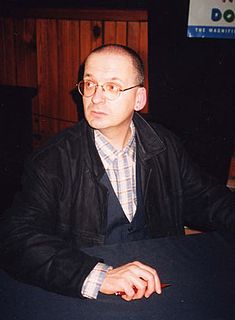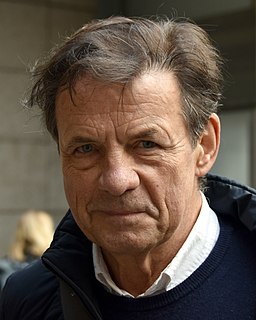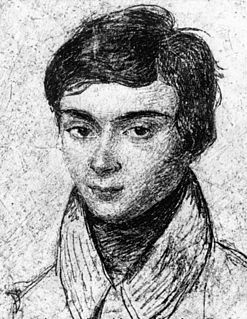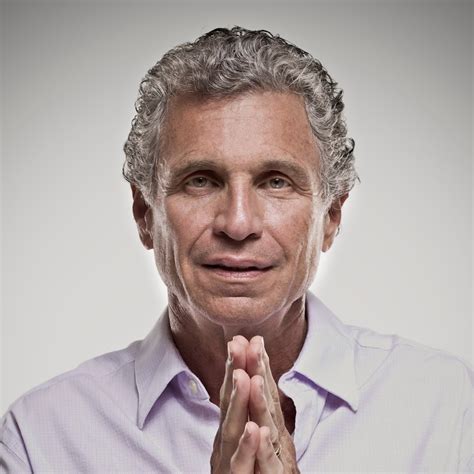A Quote by Terry Pratchett
That's the most terrible thing about being an author - standing there at your mother's funeral, but you don't switch the author off. So your own innermost thoughts are grist for the mill. Who was it said - one of the famous lady novelists - 'unhappy is the family that contains an author'?

































